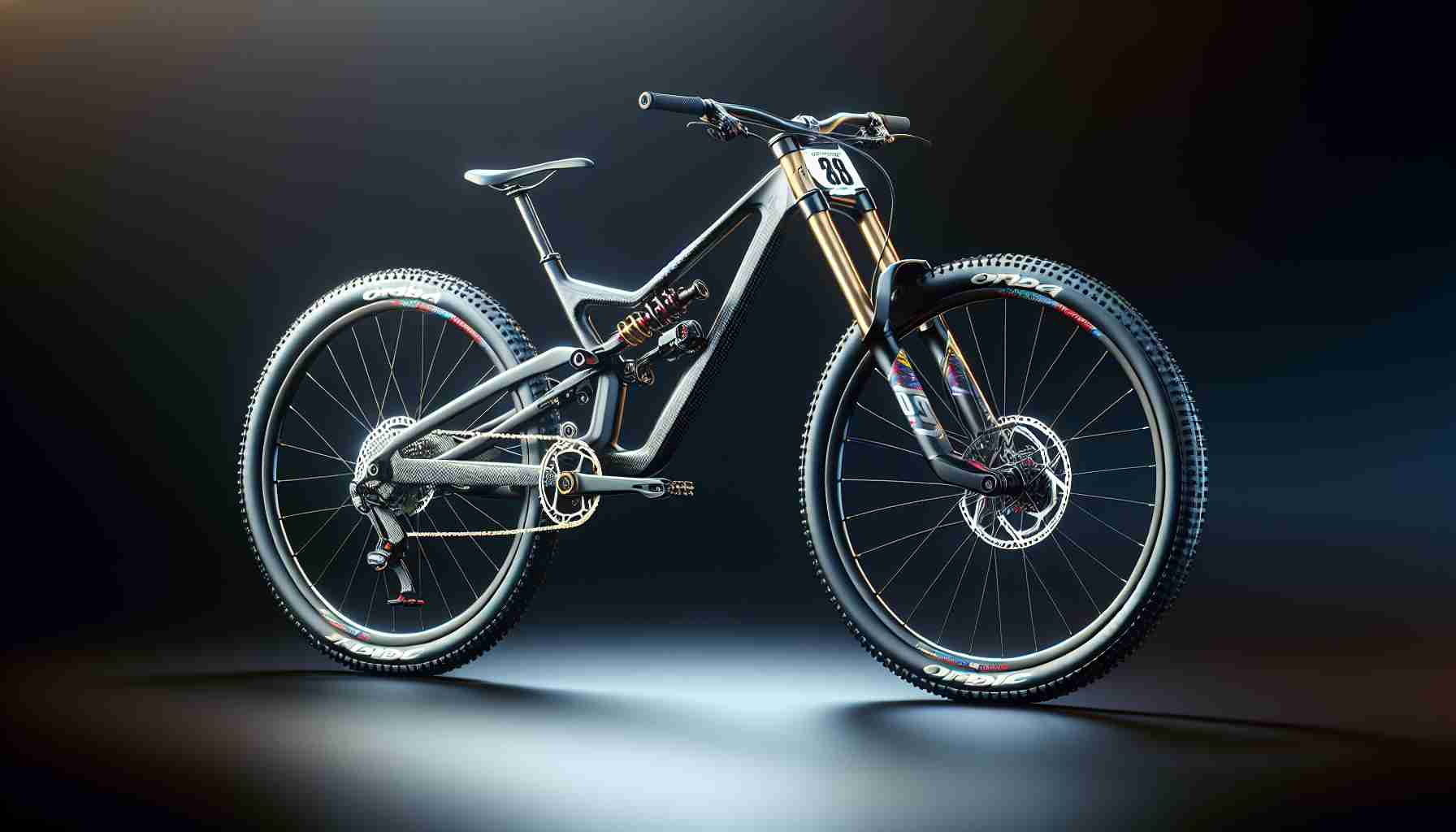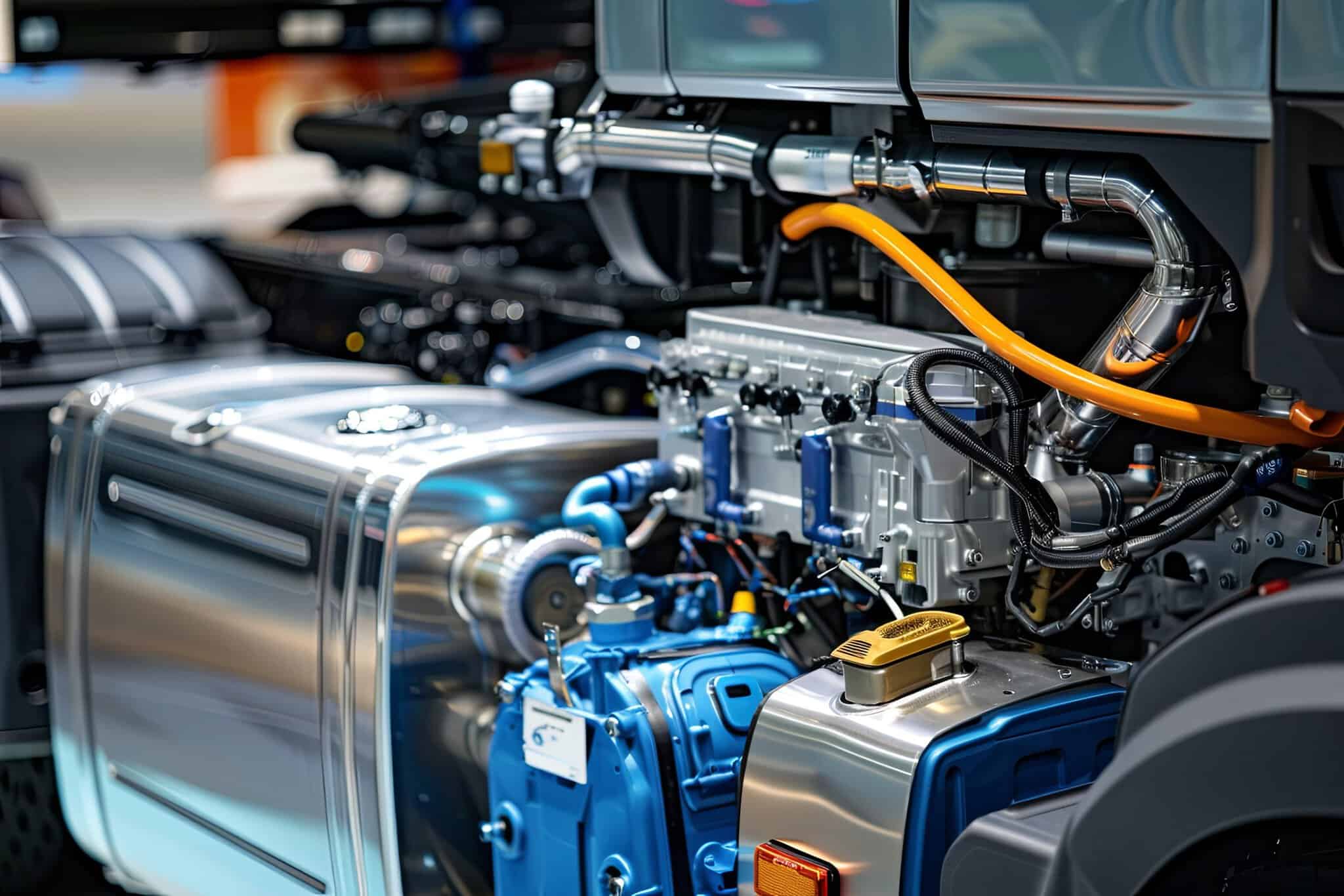Factorial Energy, a US-based innovator in solid-state battery technology, is making waves with support from major automotive giants like Mercedes-Benz, Stellantis, and Hyundai-Kia. The company is pushing the boundaries of battery development with a focus on enhancing energy density and improving efficiency.
In a key milestone, Factorial recently showcased advancements in their solid-state cells, delivering B samples with a charging capacity exceeding 106 Ah to Mercedes-Benz. These cells purportedly achieve an energy density of 391 Wh/kg, though the precise specification remains under wraps.
Factorial is also collaborating with Mercedes on a new line of cells branded as Solstice, currently at A-sample status but expected to reach even higher energy densities. By September, Factorial announced a potential energy density of up to 450 Wh/kg for its Solstice cells, suggesting a significant increase in electric vehicle range—up to 80% more than existing options. The company aims to scale the Solstice cells to a charging capacity of 40 Ah, underscoring their promise of commercial viability.
Dr. Siyu Huang, Factorial’s Co-Founder and CEO, conveyed that scaling their battery technology is crucial for commercial success. By reaching a 40 Ah capacity, the Solstice cells demonstrate both maturity and scalability, essential for future applications.
In October 2023, Factorial opened a cutting-edge development and production facility near Boston, boasting a capacity of 200 MWh. This makes it the largest solid-state battery production line in the US, fueled by a $200 million financing round co-led by Stellantis and Mercedes-Benz. Factorial’s innovative “FEST” technology allows its cells, complete with a sulphide-based solid electrolyte, to integrate seamlessly into existing production systems.
Game-Changing Breakthroughs in Solid-State Batteries by Factorial Energy
Factorial Energy is currently leading the charge in the solid-state battery sector, attracting attention and investment from automobile giants like Mercedes-Benz, Stellantis, and Hyundai-Kia. This burgeoning field of technology is poised to redefine energy storage solutions, enhancing both energy density and efficiency for electric vehicles (EVs) and more.
Key Innovations in Solid-State Battery Development
Factorial Energy has recently achieved a landmark breakthrough with their solid-state cells. These cells, identified as B samples, showcase a monumental charging capacity exceeding 106 Ah, paired with an impressive energy density of around 391 Wh/kg. Although the exact details are guarded closely, this development represents a significant leap toward more efficient and powerful energy solutions.
In collaboration with Mercedes-Benz, Factorial is creating a new innovative series of cells called Solstice, which are currently in the A-sample phase. The expected potential of these cells is astonishing, with energy densities projected to reach up to 450 Wh/kg. This remarkable efficiency could augment electric vehicle ranges by up to 80% compared to current models, which could revolutionize consumer expectations and market dynamics.
Scalability and Commercial Viability
A significant challenge in the battery technology realm is scalability. Factorial’s Solstice cells are primed to overcome this hurdle with a target scalability of a 40 Ah capacity. Dr. Siyu Huang, Co-Founder and CEO of Factorial, emphasizes that these scalability goals underscore the maturity and readiness of their technology for large-scale applications, marking a pivotal step toward commercial success.
New Production Facility: A Leap Toward Mass Production
In a strategic move, Factorial recently launched a state-of-the-art development and production center near Boston. With a capacity of 200 MWh, this facility stands as the largest solid-state battery production line in the United States. The expansion was made possible by a substantial $200 million financing round, demonstrating strong backing from stakeholders like Stellantis and Mercedes-Benz. Factorial’s proprietary “FEST” technology—a sulphide-based solid electrolyte system—enables seamless integration into existing battery production frameworks, alleviating transition costs and aiding manufacturers in adopting the technology.
Implications for the Future
The advancements by Factorial Energy promise transformative impacts on the solid-state battery industry. The potential to enhance EV range by 80% opens new avenues in transportation, with broader implications for sustainability and renewable energy adoption. As scaling progresses, these batteries could soon become the standard, driving innovation and efficiency across various sectors.
Learning and Resources
For more comprehensive insights into Factorial Energy’s revolutionary technologies and their potential applications, you can visit [Factorial Energy’s official website](https://factorialenergy.com). Stay informed about the latest trends, innovations, and strategic developments shaping the future of solid-state batteries.















